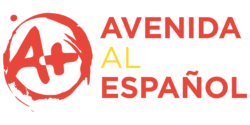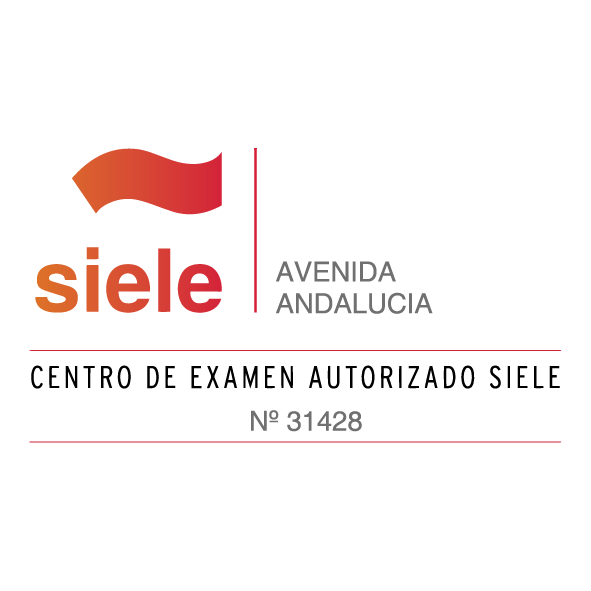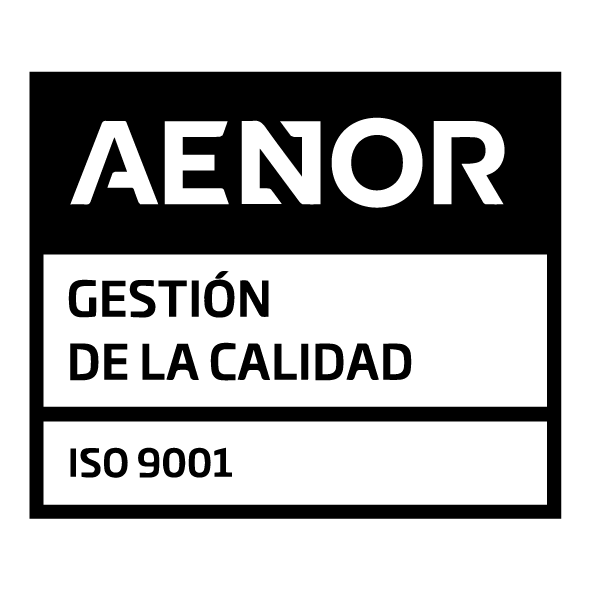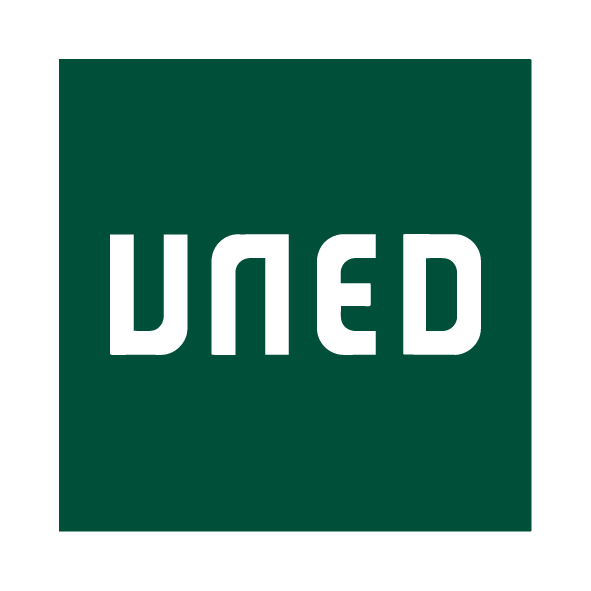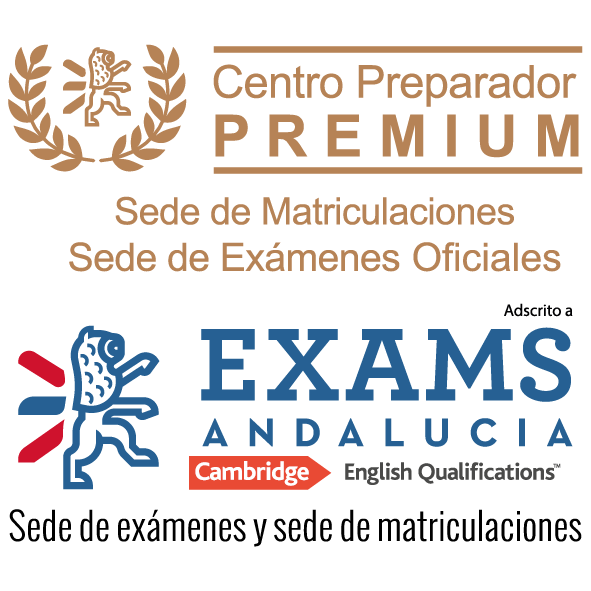Our courses have been designed according to a communicative-socio-cultural approach which conceives the teaching-learning process of Spanish as an integral mechanism of giving meaning to the surrounding world, of interaction and appropriation, of structuring and adaptation based on the needs of the students. In this way, we conceive language as an instrument of social communication. This mechanism links, in real communication contexts, the structural aspects of the language and the linguistic skills of the speakers with the socio-cultural foundations of the environment in which Spanish is used.
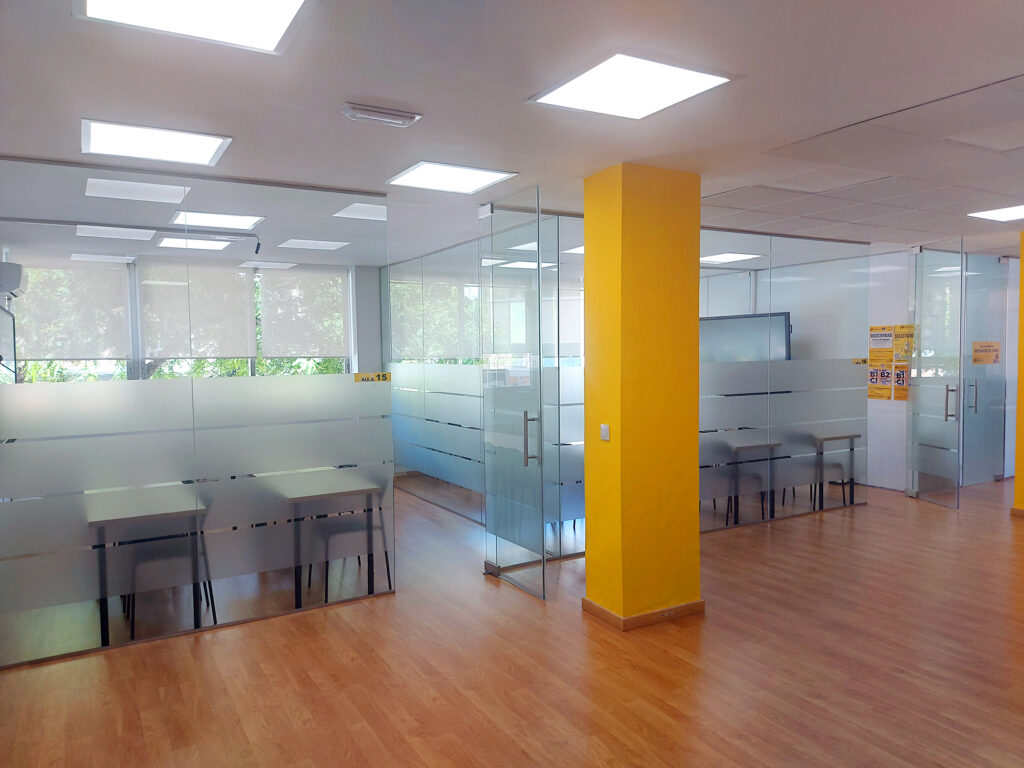
Through this approach, our programmes are action-oriented. From a constructivist point of view, through academic activities inside and outside the classroom, we are convinced that educational practice is, in essence, a social practice with an important socialising function. With this objective in mind, we start from the general competences corresponding to each level and the particular needs of the student in order to promote the learning of Spanish through tasks in which the different skills are worked on individually and/or collaboratively.
At the same time, we include discursive errors or inaccuracies as formative elements. We understand that, in the interlanguage process (that transition between the mother tongue and the foreign or second language), learners of ELE progress from one stage to another through experiments and adjustments which constitute an important driving force for learning. This implies conceiving the student as the centre of the teaching-learning process and the teacher as a facilitator who contributes, with his or her guidance, to charting the most appropriate route for the learner’s needs.
Therefore, from the very beginning and during all the courses, communication in Spanish is promoted (according to the student’s level) and all the linguistic skills are worked on (oral expression and interaction, written expression and interaction, reading comprehension and listening comprehension). In addition to grammatical content, social and historical aspects of Spanish-speaking cultures and the immediate communicative context are also taught in order to favour greater linguistic and cultural immersion. Apart from the classes, activities are carried out outside the classroom so that students can put their knowledge and mastery of the language into practice in real situations.
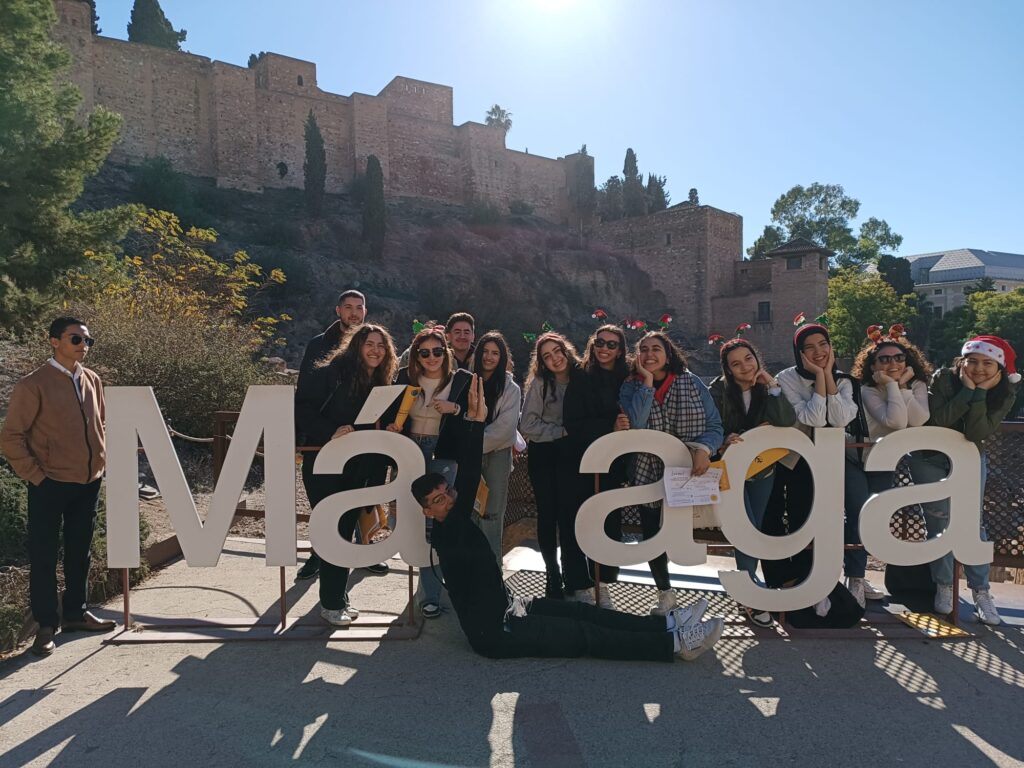
Assessment is carried out continuously in the classroom and also through personal and private monitoring via our platform, taking into consideration and balancing constant, formative and summative evaluations in the process. All our courses are designed in accordance with CEFR levels and respond to the cultural, pragmatic, academic and professional communicative needs of the contemporary world.
Meet our team


Director
Daniel Ramos
• More than 9 years of experience in educational services.
• Ready to support you in your educational process and communicate with you in Spanish, English and French.


Direction and Administration of the Foreign Students Department
Imane Harati
• More than 3 years of experience in student management and administration.
• She can communicate with you in Spanish, Arabic, French and English.


ELE Academic Coordination
Rebeca Ferreiro
• More than 12 years of experience in teaching ELE in person and online.
• Experience teaching Spanish to foreigners in an immersion environment, as a foreign language and for heritage speakers at different levels of the CEFR.
• Experience in teaching ELE for children, adolescents and adults.
• Accredited by the Instituto Cervantes as an examiner for the DELE exam, levels A1 to C2 and School.
• Bachelor's degree in Hispanic Literature.
• Master's degree in Communication and PhD in Political Science (with specialization in Communication).


Teachers Coordinator
Adolfo Ledesma
• Extensive experience in the management of technological resources in the educational field.
• He can communicate with you in Spanish and English.


ELE Head of Studies
Arantxa Márquez
• Experience teaching Spanish to foreigners in an immersion environment and at different CEFR levels.
• Teaching experience in face-to-face and online modalities.
• Degree in Hispanic Philology.
• Master's degree in Teaching Spanish as a Foreign Language.


ELE teacher
Felicidad Castillo
• Degree in Hispanic Philology.
• Master's degree in Secondary and Baccalaureate Education Teaching, specializing in Spanish Language and Literature.


ELE teacher
María García
- Bachelor's Degree in Hispanic Philology.
- Master's Degree in Teacher Training for Compulsory Secondary Education, Baccalaureate, Vocational Training, and Language Teaching.
- Master's Degree in Advanced Studies of the Spanish Language.
- Passionate about reading and teaching.
- I use active learning methodologies that foster motivation, collaboration, and meaningful learning in the classroom.


ELE teacher
Isabel Bragado
- Degree in Hispanic Philology from the University of Salamanca.
- Master's degree in Teacher Training and Language Teaching (Compulsory Secondary Education and Baccalaureate).
- Passionate about literature, the Spanish language, and teaching.
- Excellent listening skills and empathy, always adapting to students' needs and applying active methodologies that involve communication and direct practice.
